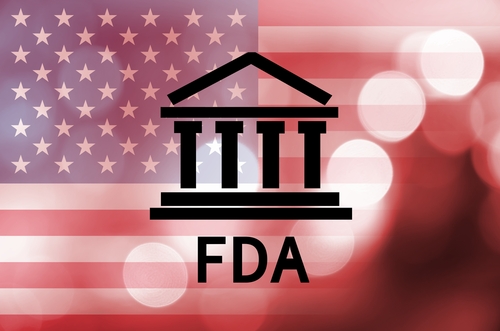Ide-cel Application Resubmitted to FDA With Requested Data
Written by |

Bristol Myers Squibb and Bluebird Bio have resubmitted a biologics license application (BLA) with additional information requested by the U.S. Food and Drug Administration to consider the approval of idecabtagene vicleucel (ide-cel) for adults with hard-to-treat multiple myeloma.
According to a press release, the BLA now includes further details on the CAR T-cell therapy’s chemistry, manufacturing, and control — a module necessary to ensure treatment safety, quality, and potency — which were requested by the agency in May in response to the original BLA. No additional clinical or preclinical data were required for completing the review process.
A similar application is being reviewed by the European Medicines Agency (EMA), which granted it accelerated assessment status in March, reducing the maximum timeframe for review to 150 days.
The companies are seeking ide-cel’s approval for treating adult myeloma patients who have received at least three prior lines of therapy, including an immunomodulatory agent, a proteasome inhibitor, and an anti-CD38 antibody.
Ide-cel (previously known as bb2121) is a type of immunotherapy that uses a person’s own modified T-cells — a type of immune cell — to fight cancer. The patient’s T-cells are collected and genetically modified in the lab, after which they are expanded and infused back into the individual.
Specifically, ide-cel contains T-cells engineered to produce a man-made chimeric antigen receptor, or CAR, that helps them recognize and kill cells containing the B-cell maturation antigen (BCMA) — a protein found at high levels on the surface of myeloma cells — while leaving healthy cells unharmed.
The therapy previously received the FDA’s breakthrough therapy and the EMA’s priority medicines designations for the treatment of relapsed and refractory multiple myeloma. Ide-cel is the first BCMA CAR T-cell therapy being reviewed for approval to treat multiple myeloma.
The submissions were based on data from the open-label, multicenter, KarMMa Phase 2 trial (NCT03361748), designed to evaluate ide-cel’s safety and effectiveness in myeloma patients who received at least three prior treatment regimens and failed to respond to their last one.
A total of 140 patients were enrolled, of whom 128 received the target dose levels of 150 million–450 million CAR T-cells.
The trial’s main goal was to assess the percentage of patients responding to a single ide-cel infusion within two years. Secondary goals included the percentage of patients achieving complete responses (complete cancer eradication), time to response, response duration, and the time patients lived without signs of disease progression.
KarMMa’s top-line data showed that at a median follow-up of 11.3 months, 73.4% of the patients receiving the target dose responded to treatment, including 31.3% who attained complete responses, indicating the trial met its primary and key secondary goals.
Treatment responses lasted for a median of 10.6 months, and patients lived for a median of 8.6 months without cancer progression.
The therapy’s safety profile was consistent with that reported in the previous CRB-401 Phase 1 trial (NCT02658929), with the most common adverse events being low blood cell counts and cytokine release syndrome (CRS).
CRS, a serious immune reaction that can occur in response to certain types of cancer immunotherapy, including CAR T-cell therapy, was experienced by 83.6% of patients. The condition was severe, life-threatening, or fatal in 5.5% of these cases.
Ide-cel is also being investigated as an earlier line of treatment in the KarMMa-2 Phase 2 (NCT03601078) and KarMMa-3 Phase 3 (NCT03651128) trials, and as a first-line therapy in the KarMMa-4 Phase 1 study (NCT04196491).



